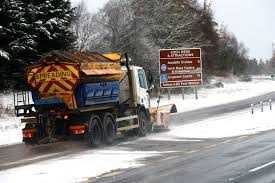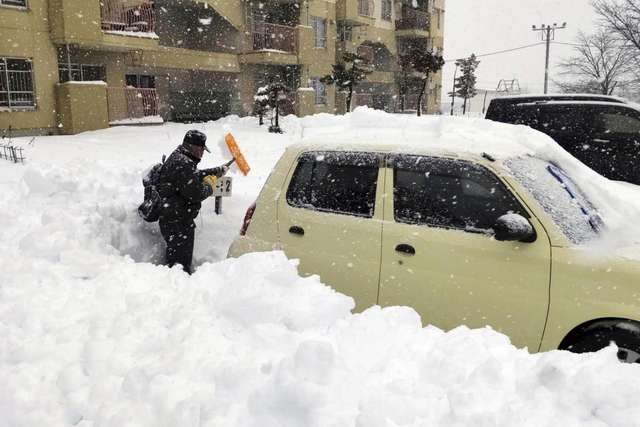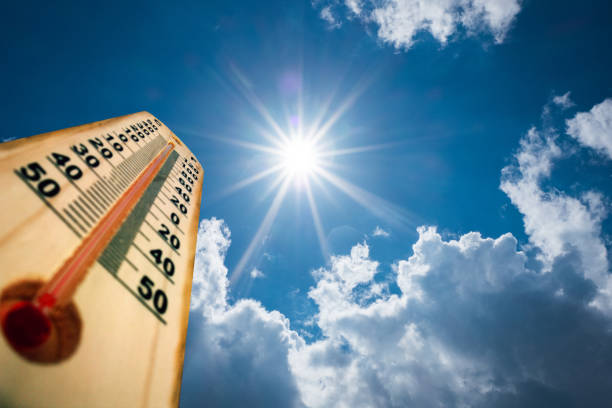
The coldest March night for more than a decade has been recorded in the UK, with temperatures dropping to minus 15 degrees in the Scottish Highlands. The last time the mercury fell so low in this month was back in 2010.
Scotland, Northern Ireland, and the north of England have experienced the worst of it; but there is also a yellow weather warning in place across much of central and the south of England, as well as large parts of Wales. All schools have been shut in the Shetland Islands due to the volume of unexpected snow.
The sudden spring plummet has hit the whole of the country with heavy snowfall already fallen and much more forecast to come. It has been attributed to an arctic blast and is predicted to affect all four of the UK nations to varying levels, right into the weekend.
There has been a Level Three cold alert issued across the entire country by the UK Health Security Agency (UKHSA).
Sting in the tail
The bitterly cold weather conditions that have landed on the UK have caused widespread disruption right across the country, and are being blamed on a change in wind direction with northerly winds bringing a blast of very cold air down from the Arctic. After a relatively mild winter, the UK could be forgiven for believing that they had escaped any really severe weather disturbances this time around, but March has historically often provided a nasty sting in the tail.
Heavy snow on the way
Forecasters are advising that a huge blanket of snow is likely to cover the whole of Scotland and the north of England, over the next 24 to 48 hours. The Met Office is predicting blizzard like conditions with strong winds and drifting snow, which could very likely lead to power cuts and significant upheaval in many places.
Coal-fire plants brought back into use
A contingency measure has been activated with two old coal-fired power plants, one in Lincolnshire and the other in Yorkshire, being started up again to generate additional power, to help prevent potential shortfalls. These two units were due to close last Autumn, but the government requested they stay open to counter fears of possible power shortages; but not as a result of extreme weather, more as a back up following concerns over gas supplies to Europe, after the illegal Russian invasion of Ukraine. For now the UK’s push towards more sustainable energy production has temporarily been scaled back slightly.
Yellow weather warning placed on country
Large parts of the country were placed under a yellow weather warning as a result of the snow and ice. This is done when there is a belief that it is likely that there will be some low-level impacts, including some disruption to travel. However, the thoughts of experts are that most people should still be able to continue with their daily routines, whilst accepting that for others it could have a considerable effect.
The yellow warning would be increased to amber were there to be a thought that the conditions could pose a risk to life. The highest cautionary advice is the red warning which is only ever issued if there is what are believed to be a genuine threat to life and people would be strongly advised to avoid travel wherever possible, and follow the instructions of the emergency services and local authorities.
Level three cold alert one down from major incident
The Level Three cold alert issued by UKHSA is done so to encourage people to check on vulnerable relatives, friends and neighbours, particularly the old, or anyone with an underlying health condition.
They also advise where possible, for people to heat their homes to at least 18C. This third level advice is usually declared when severe cold weather has arrived in the country and it is felt that there is a health risk to vulnerable patients. This is just one level down from the highest alert which is Major Incident, and this will only be declared by central government in the event of severe and prolonged cold weather, that is deemed likely to affect sectors other than just health.
Other parts of Europe also suffering
The snow is not just affecting the UK in Europe, as the Netherlands, Belgium and Denmark have also reported unusually high snowfall for the month of March.






0 Comments